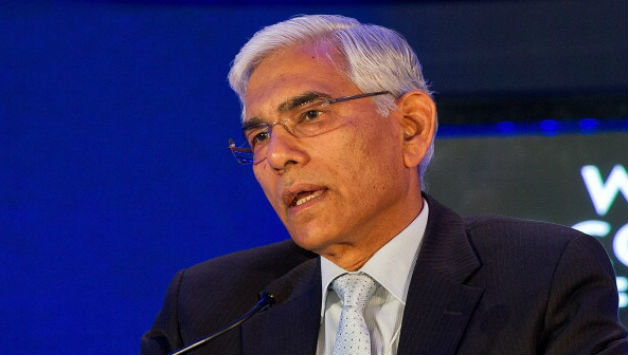
Cricket Country Staff
Editorial team of CricketCountry.
Written by Cricket Country Staff
Published: May 09, 2017, 05:39 PM (IST)
Edited: May 09, 2017, 05:39 PM (IST)


The Committee of Administrators (CoA) appointed by the Supreme Court to ensure implementation of the recommendations made by Justice Lodha Committee, is all set to touch upon one of the toughest points. The Lodha Committee has pressed upon the need of having a one-state, one-vote policy which did not go down well at all with the Indian cricket board. Now, the CoA is reported to be taking the matter to the Supreme Court, to make the policy reconsidered by the Lodha Committee. The decision of taking the issue to the Supreme Court was taken after meeting with the state associations during the Special General Meeting (SGM) in New Delhi last Sunday.
According to the Indian Express, apart from the one-state, one-vote policy, COA are also willing to the Supreme Court to reconsider the decision on voting rights to the three government-run bodies in Railways, Services and Universities. Moreover, CoA will also ask the apex court to rethink on having the Comptroller and Auditor General (CAG) as a BCCI member.
In SGM held Sunday, COA asked all the associations to come up with the difficulties they are facing in regards to the Supreme Court order. As per the reports, most of the state associations units have come up with these three points, terming it ‘unimplementable’. “The CoA felt that one state-one vote is a bit harsh and that’s the reason they will ask the Supreme Court to revisit the issue,” said a member of a state association, who attended the meeting.
The COA will also request the Supreme Court to give voting rights to Railways, Services and Universities as they also run cricket-related activities. The COA also feels that with CAG as a member of BCCI apex council, there would be a case of conflict of interest. “If a CAG member is part of BCCI, who will probe if there is a cricketing scam? We can’t have another CAG member probing it,” said an official.
Some of the state associations also wanted the 70-year age cap and ‘cooling off’ period to be removed, but the CoA quashed the request.
This website uses cookies so that we can provide you with the best user experience possible. Cookie information is stored in your browser and performs functions such as recognising you when you return to our website and helping our team to understand which sections of the website you find most interesting and useful.
Strictly Necessary Cookie should be enabled at all times so that we can save your preferences for cookie settings.
If you disable this cookie, we will not be able to save your preferences. This means that every time you visit this website you will need to enable or disable cookies again.
